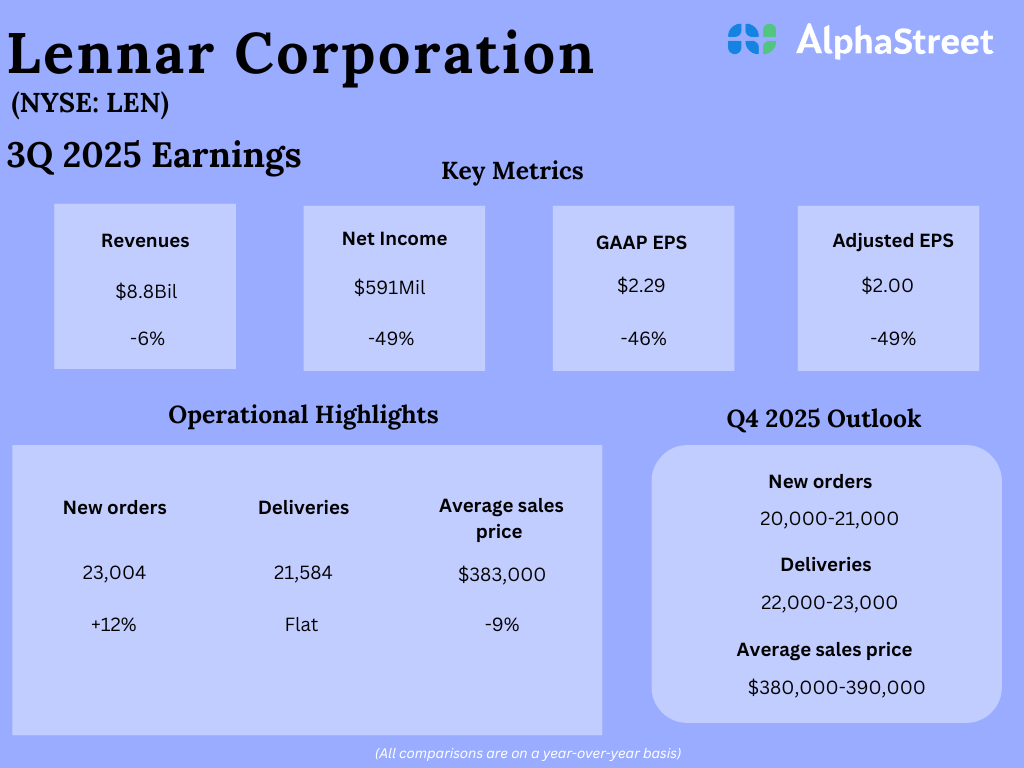For Boeing Company (NYSE: BA), 2023 will be a crucial year as the aircraft builder strives to come out of the 737 MAX debacle and bring stability to the business after the pandemic-induced flight groundings.
Boeing’s shares mostly traded sideways so far this year and the trend is continuing in the runup to next week’s earnings. While the stock looks poised to make strong gains in the coming weeks, it would be a long time before it returns to the pre-pandemic levels. The company has been keeping its dividend slightly above $2 for some time, offering a yield of 2.4% now.
Considering the steady recovery of the broad aviation industry and rising demand from leading airline companies, BA should hit the recovery path this year. While the low price makes the stock attractive, it remains a risky bet since there are no clear signs of a sustained turnaround yet. The management’s recent decision not to change delivery schedules, despite delays, lifted investor sentiment.
Back on Track?
Meanwhile, there has been a spike in orders for 737 MAX planes ever since the jet returned to service. The difficult supply chain is one of the biggest challenges facing the company, and it is expected to persist in the near future. Recently, it had to halt the production of 737 MAX jets due to a short supply of parts, at a time when deliveries are already being delayed due to a flaw in some of the newly built planes.
Meanwhile, there is caution in the market amid speculation that space-launch company United Launch Alliance, a joint venture between Boeing and Lockheed Martin, is up for sale. Though Boeing does not report financial metrics of the space business separately – there is a lack of clarity over its profitability – it has a considerable revenue share and has been a part of the aviation behemoth for several decades.
“We have a robust pipeline of development programs including broadly across our defense business, and we’re innovating new capabilities that prepare us for the next generation of products. One of the more significant achievements was recently announced by NASA and their sustainable flight demonstrator contract. This is a set of technologies that is intending to cut fuel emissions by up to 30%, those are the kinds of standards that in our view are required to ultimately launch a new commercial airplane, wrapped in sustainability. We’ve de-risked major aspects of the business and our performance is improving,” said Boeing’s CEO Dave Calhoun earlier this year.
Loss Narrows
In the fourth quarter of 2022, Boeing’s revenues grew by a third to about $20 billion, reflecting broad-based growth across all three operating segments. As a result, the adjusted loss narrowed sharply to $1.75 per share from $7.69 per share a year earlier. The results, however, fell short of expectations. The company delivered 152 commercial airplanes during the quarter, which is up 54% from last year.
Quarterly earnings performance has been dismal in the last few years, especially after the COVID-related travel restrictions were imposed, with the bottom line lingering in the negative territory and mostly missing estimates. Revenues also failed to meet or beat the estimates during that period.
Q1 Report Due
Boeing is preparing to announce first-quarter 2023 earnings on April 26, before the opening bell. Analysts’ consensus estimate is for a loss of $1.04 per share on an adjusted basis, which would be an improvement from the prior-year period when the company incurred a loss of $2.75 per share. The better bottom-line performance, compared to last year, reflects an estimated 26% increase in revenues to $17.57 billion.
Boeing’s stock traded lower throughout Friday’s session but stayed well above its long-term average. In the past six months, BA has gained about 45%.














